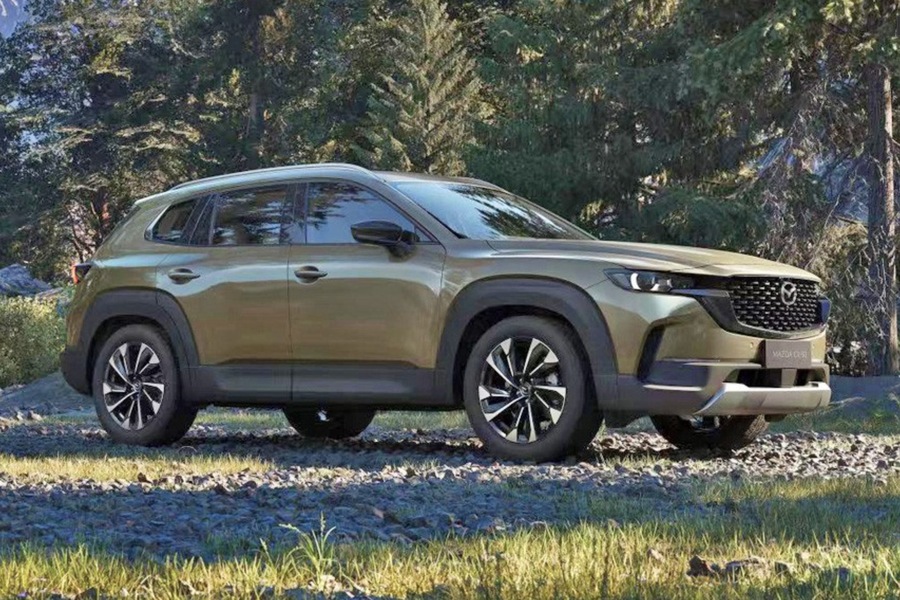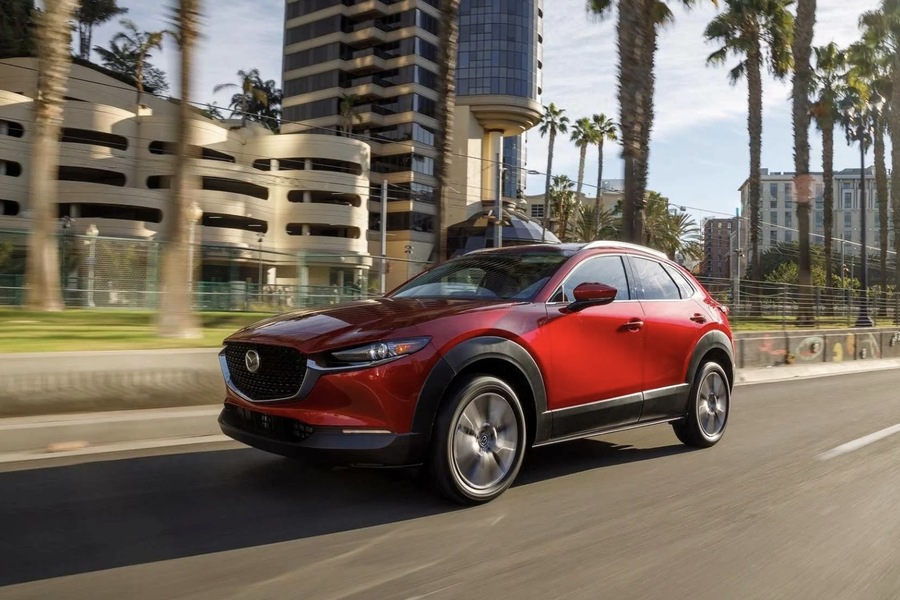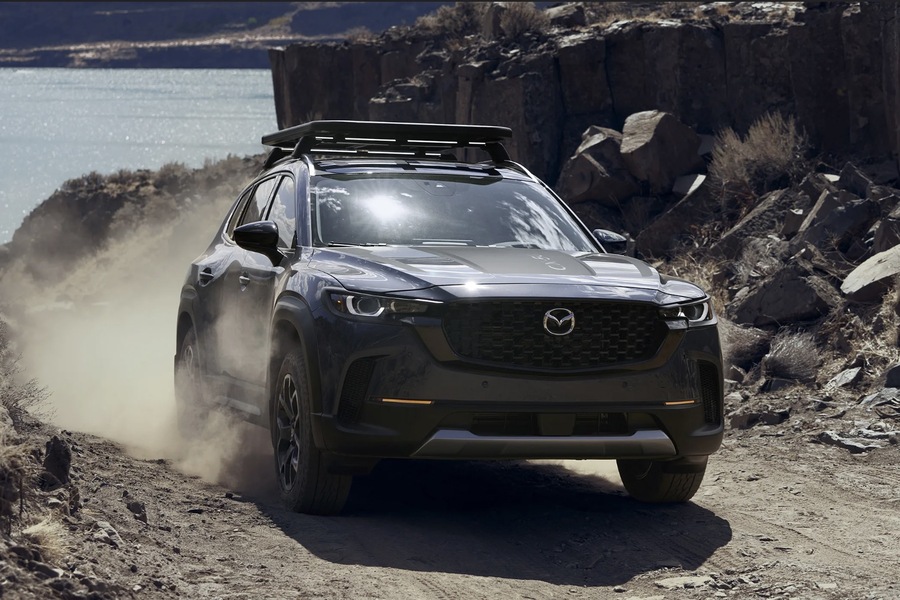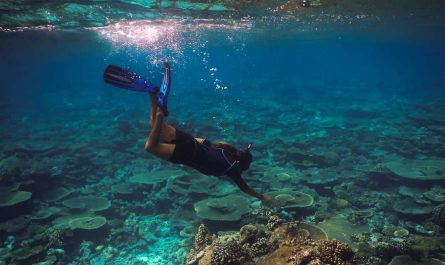The United Arab Emirates (UAE) is known for its intense climate, with summer temperatures regularly exceeding 45°C (113°F). This extreme heat, combined with sand and humidity, poses unique challenges to vehicles, especially crossover cars, which are popular for their versatility and capacity. Crossover vehicles, balancing elements of SUVs and sedans, are widely used for both urban and off-road driving in the UAE. However, the harsh climate impacts their performance and maintenance needs significantly. This article will examine how the UAE’s heat affects various crossover components and offer insight into effective maintenance practices for keeping these vehicles in optimal condition.
Engine Cooling Systems Under Extreme Heat
Crossover engines are designed to perform within a specific temperature range, and the UAE’s intense heat puts considerable strain on their cooling systems. The high temperatures force the engine to work harder to stay cool, which can lead to faster wear on components like radiators, coolant hoses, and thermostats. Coolant quality and levels become critical, as inadequate cooling can lead to overheating and engine failure. Regular checks on coolant levels and radiator condition are essential, and it’s advisable to replace coolant with higher temperature-rated formulations designed for hotter climates to prevent degradation and protect the engine from thermal stress.
Battery Life and Performance in High Temperatures
Vehicle batteries are also affected by the UAE’s climate. High temperatures cause the battery fluid to evaporate more rapidly, leading to a higher risk of corrosion on terminals and shortening the battery’s lifespan. Heat increases the battery’s workload, especially when combined with air conditioning use, which is a necessity in the UAE’s climate. Regular battery inspections and maintenance are crucial to avoid unexpected failures. Drivers in Dubai and the UAE may find that their car batteries require replacement every 1-2 years, compared to the average 3-5 years in cooler climates, due to the strain caused by heat and high humidity levels.

Tire Wear and Pressure Considerations
Tires are particularly susceptible to heat in the UAE, where road surfaces can become extremely hot, causing air inside the tires to expand. This expansion increases tire pressure and, if unchecked, can lead to blowouts or uneven wear. Crossovers, which often have a higher center of gravity and load-bearing design, are especially affected by tire pressure irregularities. It is recommended to check tire pressure frequently and adjust it according to manufacturer specifications for high temperatures. Additionally, choosing tires with a high heat-resistance rating and regularly inspecting tread depth helps ensure safe performance, as excessive wear can be exacerbated by constant heat exposure.
Impact on Air Conditioning Efficiency and Maintenance
In the UAE, air conditioning is a vital feature, and crossovers, which serve both family and recreational needs, rely heavily on a well-functioning cooling system. High temperatures force the air conditioning system to work harder, which increases the likelihood of compressor and condenser wear. This can lead to a drop in cooling efficiency and an increase in fuel consumption. To maintain optimal performance, it’s essential to service the air conditioning system regularly, including cleaning or replacing the cabin air filter and checking refrigerant levels. Proper maintenance can help reduce the risk of air conditioning failure and keep the cabin comfortable in extreme heat.
Brake System Stress from Continuous Heat
The heat in the UAE also affects braking systems, as it can increase the temperature of brake pads, rotors, and fluid. Crossover vehicles, which are typically heavier than sedans, place more demand on brakes, especially during prolonged driving in high temperatures. Overheated brakes can lead to reduced braking performance and potential safety risks. Regular inspection of brake fluid and pads is recommended, as high temperatures can cause brake fluid to degrade faster, impacting its effectiveness. Replacing brake fluid with a high-temperature variant and regularly checking for wear on brake pads and rotors are critical for maintaining safe braking performance.
Suspension System and Shock Absorber Durability
Crossover suspensions are engineered to handle a range of driving conditions, but the UAE’s hot climate can impact suspension and shock absorber durability. Heat can accelerate the wear on suspension components like bushings, shock absorbers, and mounts. When exposed to prolonged high temperatures, these rubber components may degrade more quickly, leading to reduced ride comfort and stability. Regular inspection of the suspension system, including shock absorbers and joints, helps ensure the crossover continues to perform well on both urban and off-road terrains. Using heat-resistant grease for suspension components may also extend their lifespan under UAE conditions.
Engine Oil Degradation in High Temperatures
Engine oil is essential for lubricating and cooling the engine, but high temperatures can cause oil to degrade faster, reducing its effectiveness. In UAE’s heat, engine oil can break down more quickly, leading to less efficient lubrication and increased engine wear. To ensure optimal performance, it’s advisable to use engine oils specifically formulated for high-temperature environments. Additionally, more frequent oil changes may be necessary to compensate for accelerated degradation. Drivers should consider high-viscosity oils that provide better protection in extreme temperatures, helping maintain engine performance and extending the life of the crossover’s engine under demanding conditions.
Interior and Exterior Material Wear from Sun Exposure
The UAE’s intense sunlight and high UV index affect both the interior and exterior materials of crossover vehicles. Prolonged exposure to sunlight can lead to fading and cracking of the dashboard, upholstery, and door panels. Leather and vinyl surfaces may become brittle, while exterior paint can fade and oxidize over time. To protect the crossover’s interior, it’s recommended to use sunshades, UV-protective films, and to park in shaded areas whenever possible. Regular application of protective coatings for exterior paint can help mitigate the effects of UV damage, maintaining the crossover’s aesthetic and resale value over time.
Increased Fuel Consumption in Extreme Heat
The UAE’s hot climate also contributes to increased fuel consumption in crossover cars. High temperatures can cause fuel to evaporate more rapidly and place additional demand on the engine, particularly when the air conditioning system is in use. Crossover vehicles, which are generally heavier and less fuel-efficient than smaller cars, may consume more fuel as a result. To help manage fuel efficiency, it’s recommended to monitor tire pressure, use high-quality engine oil, and limit idling in extreme temperatures. Regular maintenance checks also help ensure that all systems are operating efficiently, which can mitigate the increased fuel consumption associated with high temperatures.
Electronics and Sensors: Heat Sensitivity and Performance
Modern crossovers are equipped with various electronics and sensors, from infotainment systems to advanced driver assistance features. These electronic components are sensitive to high temperatures, which can cause malfunction or degradation over time. In the UAE’s climate, heat stress can shorten the lifespan of these systems, affecting both convenience and safety. Keeping electronics cool by parking in shaded areas and minimizing exposure to direct sunlight can help prolong their performance. Regular diagnostic checks are also useful for detecting potential issues early, ensuring that electronics and sensors remain in optimal condition despite the challenges posed by extreme heat.

Choosing the Right Maintenance Schedule for Crossovers in the UAE
The unique climate conditions in the UAE necessitate a more frequent maintenance schedule for crossover vehicles. While manufacturers provide general maintenance guidelines, UAE-based drivers may benefit from increased service frequency to account for accelerated wear on components. Regularly scheduled oil changes, coolant checks, battery inspections, and tire maintenance are essential for preventing heat-related issues. Additionally, it’s advisable to consult with local service centers familiar with the demands of the UAE climate to ensure that maintenance practices are tailored to the environment, thus preserving the performance and longevity of the crossover.
Finding Heat-Resistant Parts for Crossover Maintenance
Certain crossover parts may be better suited to withstand UAE’s extreme temperatures. For example, high-temperature-resistant engine oils, coolant formulations, and tires with heat-resistance ratings are readily available in the market and can improve vehicle durability. Local dealerships, such as Mazda UAE, and authorized service providers often offer parts and accessories designed to meet the challenges of the local climate. Investing in heat-resistant parts can be beneficial for drivers who want to optimize their crossover’s performance and reduce the frequency of repairs caused by heat-induced wear.
Conclusion
The UAE’s hot climate poses a unique set of challenges for crossover vehicles, impacting everything from engine cooling and battery life to tire wear and electronic performance. Understanding how high temperatures affect each component allows crossover owners to adopt a proactive approach to vehicle care. Regular maintenance, use of heat-resistant materials, and vigilant monitoring of critical systems are essential to ensuring reliability and efficiency. By addressing these factors, UAE-based crossover owners can protect their vehicles from the rigors of extreme heat, maintaining peak performance in one of the world’s most demanding driving environments.

I graduated from the California Institute of Technology in 2016 with a bachelor’s degree in software development. While in school, I earned the 2015 Edmund Gains Award for my exemplary academic performance



